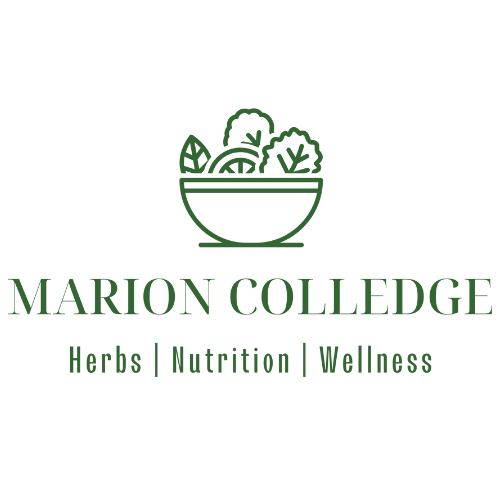Perimenopause: Why consider nutrition and herbs when I could just take HRT?
There are so many reasons why good nutrition is very relevant, whether you are taking HRT or not.
When we hit perimenopause our levels of progesterone and oestrogen begin to fluctuate and eventually decline and this can cause a range of symptoms including brain fog, fatigue, low mood, loss of sense of self, abdominal weight gain, anxiety, sleep issues, hot flushes, night sweats, muscular aches, joint stiffness, dry hair and skin. The symptoms vary greatly from woman to woman and there are at least 34 recognised symptoms of which some will experience plenty and others almost none. HRT is short for hormone replacement therapy and there are different forms of HRT which women can have to replace the decreasing levels of their own oestrogen and progesterone as well as sometimes testosterone.
Whilst HRT can help to improve menopausal symptoms it is often not the whole story. And of course many women choose not to or are not able to take HRT and can feel quite excluded from the conversation and often don't know where to look for support.
Oestrogen and progesterone don't just regulate our reproductive system, they play important parts in many other areas of our physical and emotional health. Declining or fluctuating levels of these hormones affect our gut, nervous system, bone health, cardiovascular health, brain function, immune system to name a few. And this is where nutrition comes in.
Good nutrition is about laying solid foundations for continuing good health well beyond menopause. With the right nutrients we can support the areas which are affected by hormonal changes and - let's face it - ageing to create and maintain long-term physical and mental wellbeing. Areas which benefit from particular support are the musculoskeletal system, gut and digestion, blood sugar balance, adrenal glands and stress response. Supporting the above can help to reduce some symptoms and improve overall wellbeing.
And it is about so much more than symptom control. With a rounded approach to healthy living which includes eating well, but also rest and relaxation, social connections, movement and having fun, we can increase our overall resilience to stress as well as our chances of staying healthy into old age. We want to increase our health span, not just our life span. One example of this is that studies have shown that a mediterranean diet high in vegetables and fruit, legumes, good quality protein, olive oil and low in processed foods was positively associated with bone density and muscle mass in post-menopausal women as well as improved outcomes for cardiovascular health and increased life span.
Perimenopause is a critical window for women’s health. Small problems, if unaddressed, can turn into larger health issues which is why this can be a good time to assess how we are and whether there is anything we could pay more attention to. This is also a time when nourishing your body is particularly important: nutrients from food form the building blocks for hormones, neurotransmitters and the functioning of metabolic processes in the body and in every single cell.
This is not to say that every woman needs to radically change her diet when she hits perimenopause. Often it’s just small changes and little tweaks which can make a big difference. It can be a valuable exercise to take a look at what we are eating and to check whether we are getting enough beneficial nutrients such as good quality protein, healthy fats, complex carbs, fibre and plenty of fruit and veg. Are we getting enough Vitamin D, Magnesium, Calcium and B-Vitamins? Our metabolism also changes as we age and we can find that certain foods don’t get digested as easily as they used to or we notice weight gain around the abdomen which wasn’t there before. Sometimes testing can be useful to ascertain nutrient status, metabolic function, stress hormone levels and more.
Where do herbs come into this?
A herbal prescription can be a valuable tool to help support physical and emotional health. With many herbs to choose from they can be an effective addition to any nutritional plan. The combination of Black Cohosh and St John’s Wort has been found to improve perimenopausal and menopausal symptoms including hot flushes, night sweats and mood swings. Adaptogenic herbs such as Ashwagandha have shown to improve sleep and reduce anxiety and can be particularly helpful during stressful times. These are just two examples of how herbs can form part of an alternative approach for those not on HRT as well as alongside it - as long as this is managed by a Medical Herbalist.
